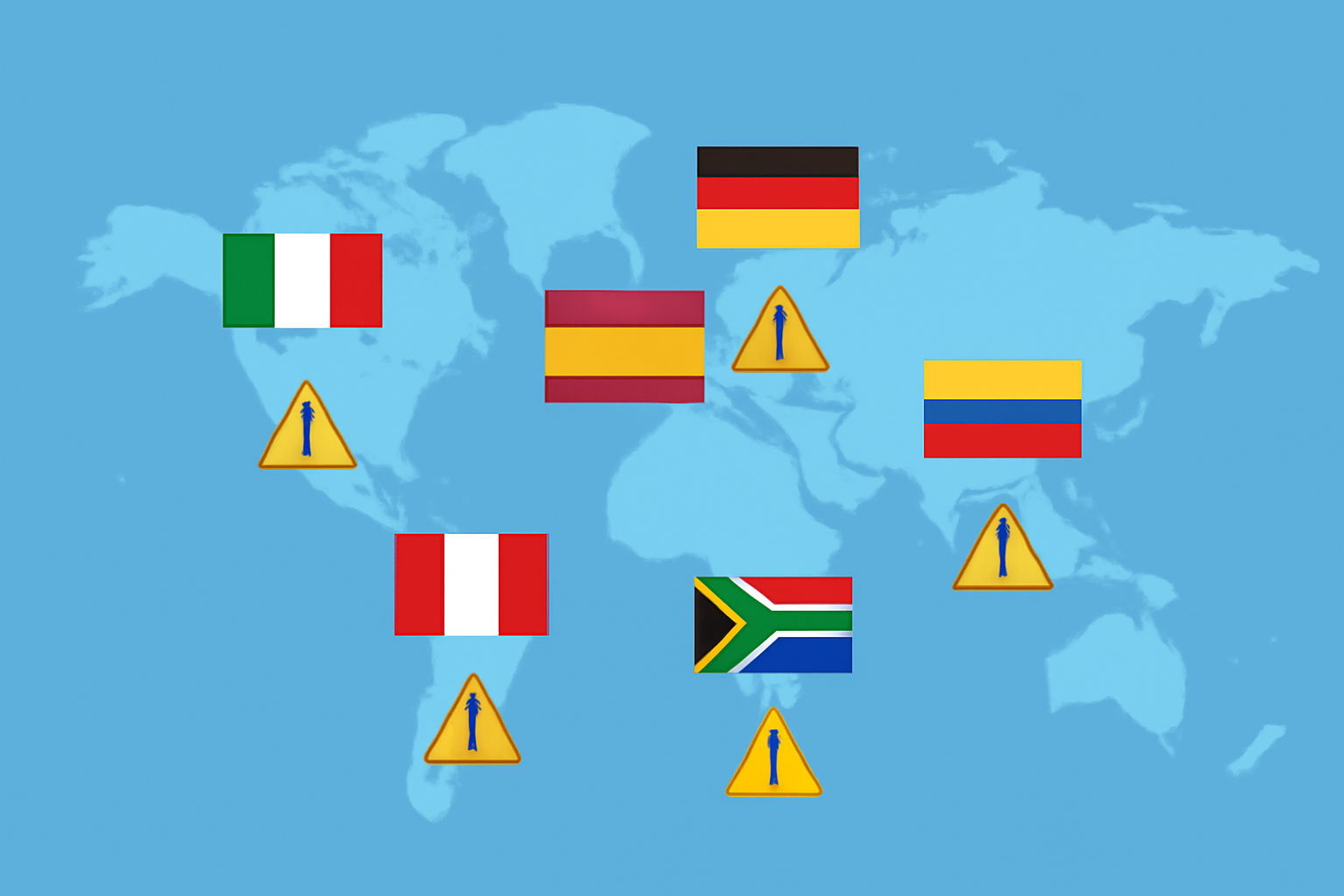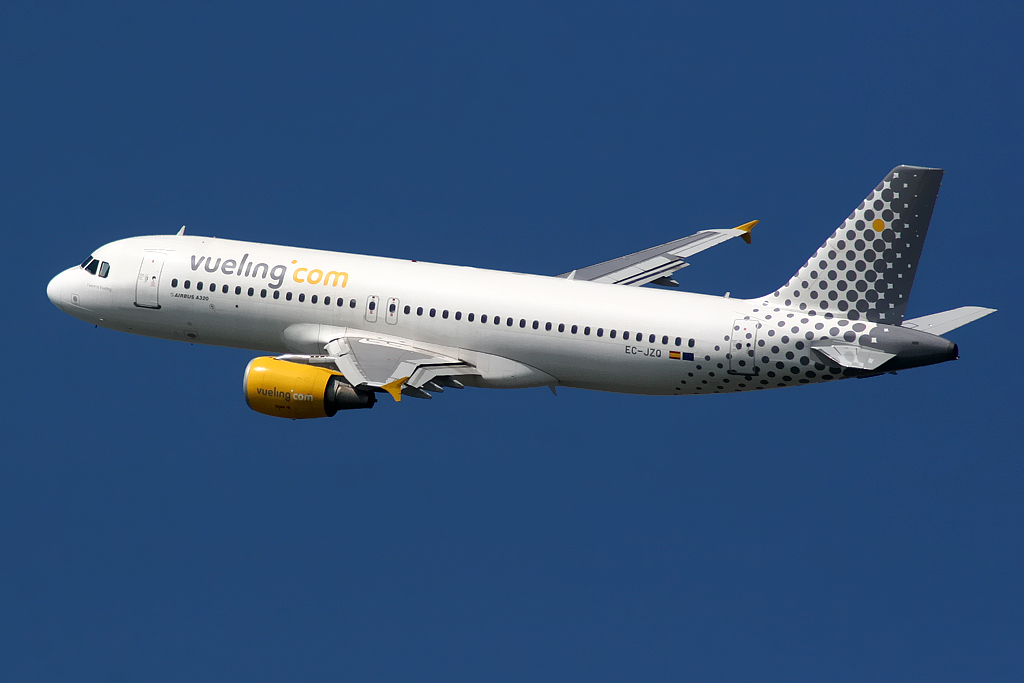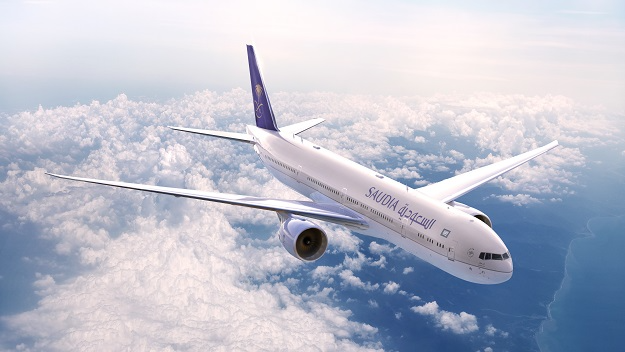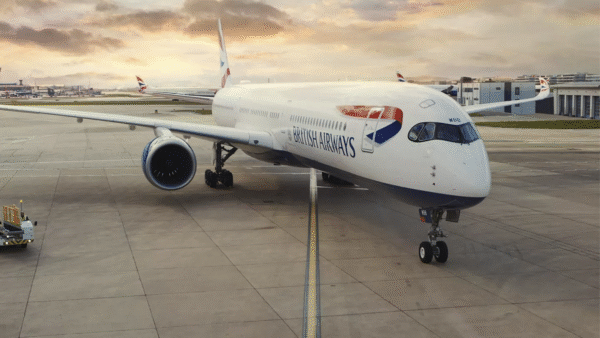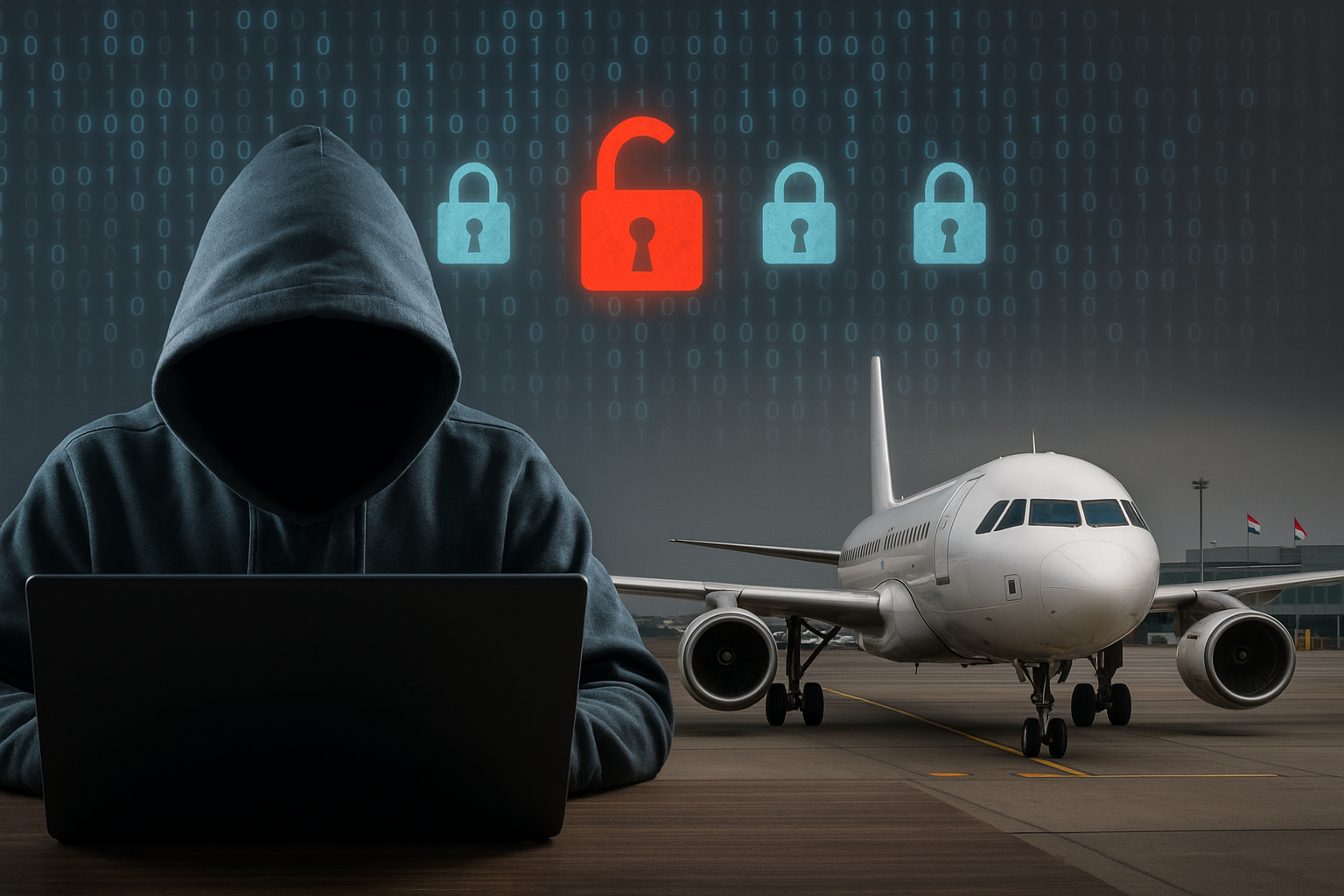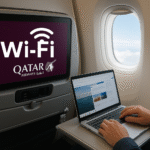The FBI has issued a stark warning to the aviation industry and the traveling public: a cybercriminal group known as “Scattered Spider” is actively targeting major airlines and third-party vendors using sophisticated social engineering tactics. The group’s aim is to infiltrate internal IT systems, steal sensitive data, and deploy ransomware attacks—jeopardizing the digital safety of millions of travelers.
This alert follows a series of reported incidents involving Canadian carrier WestJet and Hawaiian Airlines, both of which confirmed IT disruptions tied to suspected cyberattacks. While flight operations continued uninterrupted, the potential compromise of passenger data has sparked concern across the aviation sector.
Who Are the ‘Scattered Spider’ Hackers?
According to the FBI, the Scattered Spider group specializes in manipulating employees and help desk agents by impersonating staff or contractors. Through persuasive social engineering and spoofed credentials, the hackers deceive IT teams into granting access to secure systems. Once inside, they disable or bypass multi-factor authentication (MFA), making traditional defenses ineffective.
Unlike many cybercriminals focused solely on financial institutions, Scattered Spider targets aviation—one of the most data-intensive industries globally. They also target third-party IT service providers linked to airlines, creating a widespread vulnerability across the sector.
Recent Airline Cybersecurity Incidents Raise Concerns
In June 2025, WestJet reported a cybersecurity event that affected internal systems and mobile applications. Although passenger services continued, users experienced difficulty accessing their accounts, and the airline launched an ongoing investigation into potential data exposure.
Similarly, Hawaiian Airlines confirmed it was dealing with a cybersecurity breach that affected parts of its internal IT network. While flight operations were not impacted, the airline has not disclosed the nature or extent of any compromised data, leaving passengers in a state of uncertainty.
These incidents underscore a growing pattern of cyberattacks on aviation companies, highlighting the urgency for stronger security protocols and transparency.
Why Travelers Should Be Concerned
Modern travelers entrust airlines with sensitive data—passports, identification numbers, credit card details, and loyalty account credentials. These data points are often stored across multiple platforms, from mobile apps to booking portals. A breach in any of these systems puts millions at risk for identity theft, fraudulent purchases, and loyalty account hijacking.
Even if your chosen airline has not reported a breach, interconnected third-party systems may still pose indirect risks.
What Can Travelers Do to Protect Themselves?
Travelers can take proactive steps to reduce their vulnerability during cyberattacks:
- Monitor Financial and Travel Accounts
Frequently check credit card statements, bank accounts, and airline loyalty programs for suspicious activity. - Use Strong, Unique Passwords
Avoid reusing passwords across travel platforms. Use a password manager to generate and store complex credentials. - Enable Multi-Factor Authentication (MFA)
Activate MFA on all airline accounts when available. Although Scattered Spider attempts to bypass MFA, it remains a vital layer of security. - Beware of Phishing and Social Engineering
Do not click on unsolicited links or respond to suspicious emails claiming to be from airlines or travel agencies. - Rely on Official Airline Communications
For updates, always use the airline’s verified website or mobile app. Avoid unverified travel alerts from unofficial sources. - Avoid Public Wi-Fi for Sensitive Transactions
Book flights or check loyalty accounts only on secure, private internet connections to prevent data interception.
Airline Industry Must Strengthen Cyber Defenses
The FBI’s alert should serve as a wake-up call to aviation operators. The use of social engineering to defeat even multi-factor authentication reveals the inadequacy of legacy IT systems in today’s threat landscape. Airlines must now prioritize:
- Regular staff training on cybersecurity awareness
- Zero-trust access controls
- Real-time monitoring and threat detection
- Incident response strategies for fast mitigation
The financial and reputational costs of data breaches can be substantial, but the risk to traveler safety and trust is even greater.
Government and Industry Collaboration is Essential
Aviation is a critical infrastructure sector. As such, the FBI’s continued advisories to airline partners underscore the need for robust public-private collaboration. Agencies like the Cybersecurity and Infrastructure Security Agency (CISA) and Transportation Security Administration (TSA) are increasingly working with aviation stakeholders to create unified threat prevention protocols.
Airlines are also encouraged to share anonymized incident data to help improve the industry’s collective response to cyber threats.
Final Thoughts: Travel Smart, Stay Cyber Safe
As digital systems become central to air travel—mobile boarding passes, biometric check-ins, and AI-powered service—travelers must remember that cybersecurity is part of travel safety. The convenience of modern booking and loyalty platforms comes with new responsibilities.
With cyber threats growing in frequency and complexity, staying informed and vigilant is essential. By taking simple steps to secure your information, you can travel with greater peace of mind—even in an increasingly connected world.
For more travel news like this, keep reading Global Travel Wire







